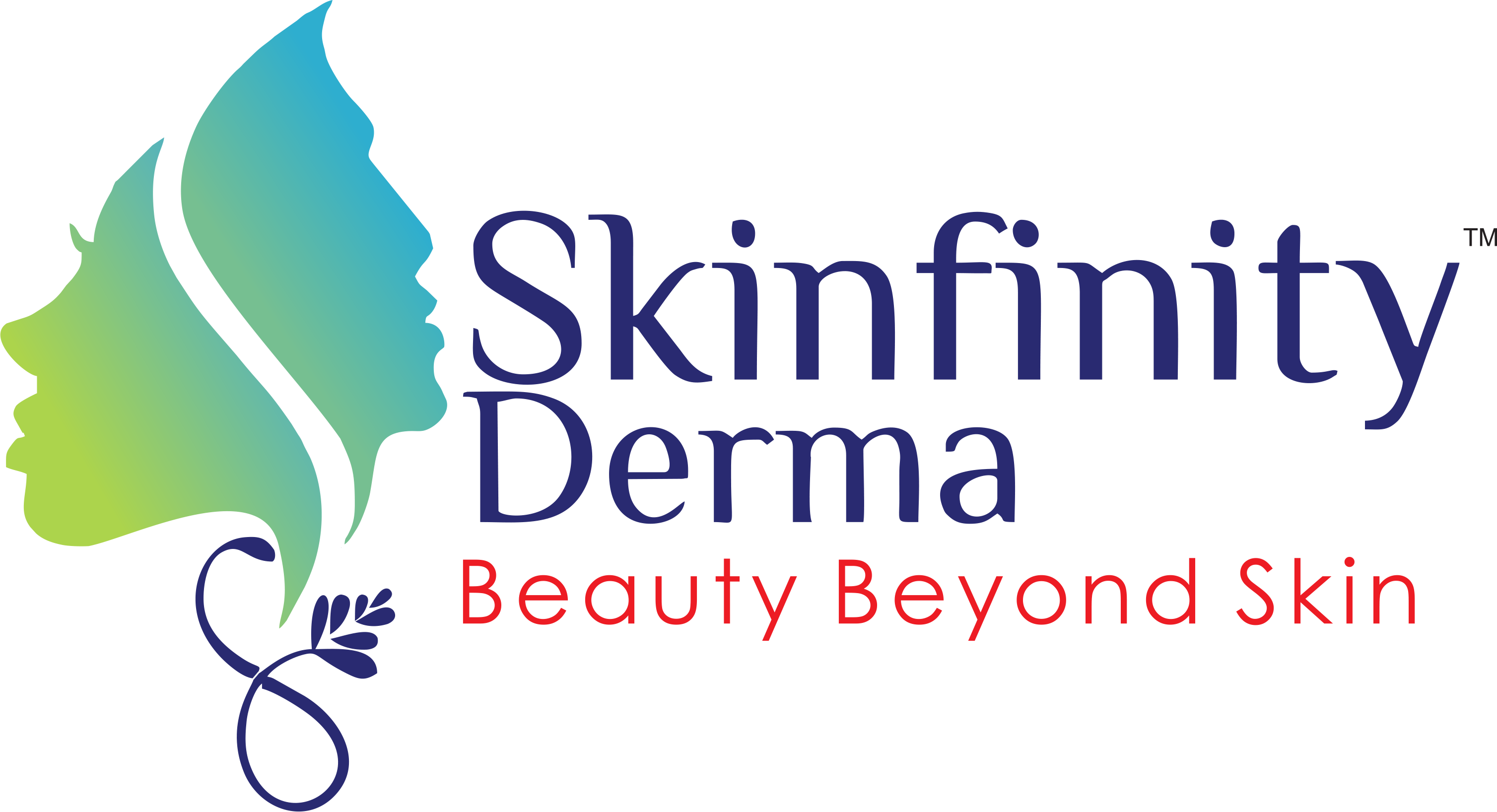What is Skin Whitening and How Does It Work?
Skin whitening is the process of reducing the pigment melanin in the skin to get a whiter complexion. Melanin is more abundant in people with dark complexions, and the amount of melanin affects the color of a person's skin. Melanin is produced by cells known as melanocytes. The amount of melanin in a person's skin is determined by their genetic makeup. Exposure to the sun, the degree of skin injury, and chemical exposure all influence melanin formation.
Skin whitening treatments are frequently used to treat issues such as freckles, age spots, scars, moles, acne, and birthmarks, as well as by those who want to have light skin, particularly those with a darker skin tone.
Bleaching creams, fading creams, chemical peels, and laser therapy are examples of whitening or lightening treatments used by people.
These products act by interfering with the tyrosinase enzyme, which is necessary for melanin formation, and thereby lowering the quantity of melanin in the skin. Melanocyte cells, which produce melanin, are found at the very bottom of the epidermal layer of the skin. Overproduction of the melanin pigment can result in a variety of hyperpigmentation issues.
What is glutathione and how does it help in skin whitening?
Glutathione, an antioxidant found in human cells, is extremely beneficial to the human body. It works by scavenging free radicals, improving immunity, and aiding in bodily detoxification.
By inhibiting the enzyme tyrosinase, it aids in the conversion of melanin to a light hue and the creation of melanin pigment.
How can I quickly whiten my skin?
The following are some quick techniques to whiten your skin:
1. Use freshly squeezed lemon juice.
2. Applying a lightening cream to the skin
3. By putting on a face mask.
4. Quit smoking
5. Drink lots of water.
6. By following a healthy diet.
How is the skin whitening procedure done?
The first step towards a skin whitening procedure would be to schedule an appointment with a dermatologist and tell him/her what kind of skin tone you have in mind. You may
consult with a plastic surgeon after consulting with your dermatologist. You may also show him the photo so that he understands exactly what you desire.
Following consultations with both a dermatologist and a plastic surgeon, you choose an option depending on your health, requirements, and financial situation: you may go for a skin bleaching therapy or something more expensive like surgery. Skin whitening operations are not only incredibly costly, but they are also quite painful, and you must be prepared for both.
After your procedure, you'll need to prepare for recovery time; laser treatments and chemical peels take a few weeks, while permanent skin whitening surgery takes longer. Following treatment, you must maintain your skin with the use of certain maintenance products. Sunscreen is essential for avoiding sunburns and reducing the risks of your skin becoming darker.
What is the mechanism of action of skin whitening products?
Skin whitening agents diminish the amount of melanin produced and the concentration of melanin in the skin. Melanin is a pigment found in the skin that provides it color as well as protecting it from the sun.
Is skin whitening a long-term solution?
Yes, skin whitening is permanent, but it may also be painful, harmful, and costly. As a result, extreme caution should be exercised before undergoing a permanent skin lightening procedure.
Who isn't a candidate for treatment?
People with a history of heart problems, recurrent fevers or cold sores, or a proclivity for scarring should avoid chemical peels for skin whitening. Deep chemical peels are also not indicated for those with extremely dark skin.
What is the best drink for fair skin?
Skin that is healthy and fair is a sign of excellent health. It is essential to have a healthy diet in order to have excellent skin. Our skin is a reflection of our overall health, and it is entirely dependent on the foods we eat. This necessitates the consumption of fruits and vegetables. The following are three amazing beverages that may do wonders for our skin:
1. Beetroot and carrot juice
2. Pomegranate with green apple juice
3. Juices of papaya, lemon, and cucumber
A well-balanced diet is essential for healthy health and skin. As a result, it's important to eat nutritiously on a regular basis. Fresh fruits and vegetables such as carrot, beetroot, lemon, cucumber, and others make up these essential elements.
Is it possible to whiten your skin using ice?
Ice is beneficial to the skin in a variety of ways. It can improve the appearance of the skin and lessen the likelihood of acne or pimples developing on the face. It reduces puffiness around our eyes and delays the effects of aging. If we massage ice cubes on our faces on a frequent basis and make it a daily facial routine, our faces will have a lovely peachy shine.
It can increase blood circulation on our faces, reducing indications of irritation if any are present. It can help to reduce facial fatigue and hence improve the health and appearance of our skin.
Home remedies are effective at treating common skin issues and improving skin texture. Ice is one of them, and it is the most popular cure for improving skin radiance by stimulating blood circulation across the face.
Does glycerine help to whiten the skin?
Glycerine is necessary for the skin's moisture retention. It's an important element in many skin cosmetics since it acts as a humectant, which keeps the skin hydrated and avoids dryness. Apart from these benefits, glycerine has antibacterial qualities that protect the skin against microbial infections and skin illnesses such as psoriasis and eczema. It aids in the correct healing of the skin in the event of a cut or damage, and so aids in skin restoration.
Every skin-conscious individual thinks about glycerine when it comes to maintaining good skin. Because it is a humectant, it maintains moisture in the skin and keeps it properly moisturized, which is essential for glowing skin.
What are the after-care instructions?
Following the skin whitening treatment, the affected area should be washed with chemical-free soaps and dabbed very gently. It is recommended that you use certain maintenance products, such as aloe vera gel or petroleum jelly, on a regular basis to provide a soothing and cooling effect. Because a layer of scabs and crusts may form on the treated region, it's best not to touch or pick it. To minimize swelling, take pain relievers. Because the skin at this time becomes particularly sensitive, wear sunscreen for at least six months to avoid discoloration or sunburn.

